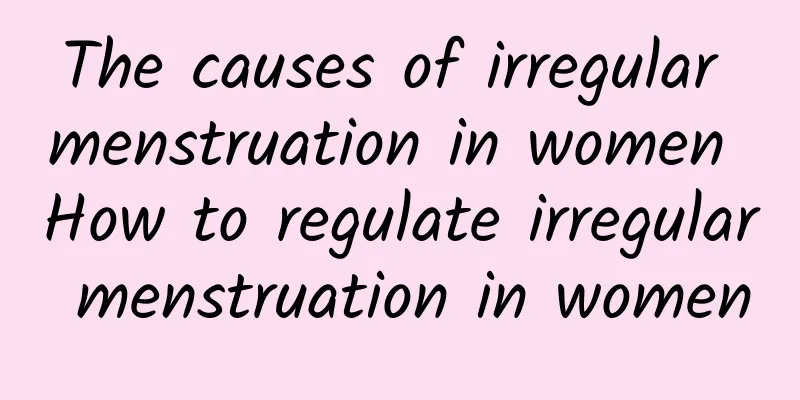Tips to relieve menstrual cramps

|
Any tips for relieving dysmenorrhea? It is not uncommon for girls to have dysmenorrhea. It is not a gynecological disease, but it will reduce the quality of life of girls during menstruation. We can summarize many ways to relieve dysmenorrhea symptoms from many experiences, such as: 1. Drink ginger and brown sugar water to relieve dysmenorrhea. 2. Diet adjustment. Maintain a balanced diet, eat more vegetables, fruits, chicken, fish, and try to eat small meals frequently. Avoid eating raw, cold, spicy, and other irritating foods. 3. Massage the abdomen. It is best to use your hands to gently rub the lower abdomen to relieve pain. 4. Keep warm. Whether you are sitting or lying down, it is best to use a hot water bottle. 5. Take vitamins. Taking B vitamins, especially B6, has a significant effect on premenstrual tension disorder. It can stabilize emotions, help sleep, and relieve abdominal pain. 6. Dysmenorrhea caused by organic diseases can be treated surgically. Causes of Dysmenorrhea: Dysmenorrhea is caused by a variety of complex factors. Dysmenorrhea caused by non-organic diseases does not have a clear cause that can be solved in a targeted manner. The main reasons can be seen in the following: 1. Abnormal position of the uterus. If a woman's uterus is extremely retroflexed or anteflexed, it may affect the smooth flow of menstrual blood and cause dysmenorrhea. 2. Psychological and neurological factors: Some women are overly sensitive to pain. 3. Cervical stenosis mainly causes obstruction of menstrual outflow, causing dysmenorrhea. 4. Uterine hypoplasia. Poor uterine development is prone to abnormal blood supply, causing uterine ischemia and hypoxia, leading to dysmenorrhea. 5. Genetic factors: A daughter's dysmenorrhea is related to her mother's dysmenorrhea. 6. Endocrine factors: Abdominal pain during menstruation is related to the increase of progesterone in the luteal phase. Diet and daily life suggestions: 1. Keep warm during menstruation, avoid spicy and cold foods, and avoid abdominal pain. 2. Avoid caffeine intake, reduce tension and keep a good mood. 3. If you have severe dysmenorrhea, it is recommended to go to the hospital for treatment. |
<<: Dietary considerations for adenomyosis
>>: Can I still get pregnant after menopause?
Recommend
How to treat a 3 cm cyst on the left ovary
Women of all ages can suffer from left ovarian cy...
Do you know what causes vaginitis?
Do you know what causes vaginitis? Nowadays, vagi...
Specific causes of pelvic inflammatory disease in women
Pelvic inflammatory disease is a type of gynecolo...
A brief analysis of several main types of vaginitis
Vaginitis is a very common gynecological disease....
Is the right ovarian cyst painful? What are the symptoms?
Is the right ovarian cyst painful? What are the s...
The causes of dysmenorrhea in women are characterized by progressive aggravation
Dysmenorrhea is a very common female disease. Dur...
What happens if uterine fibroids compress the bladder during pregnancy?
A few months into my pregnancy, I went to the hos...
The typical symptoms of pelvic inflammatory disease are what women should know
Women are more likely to suffer from pelvic infla...
Experts reveal the dangers of ovarian cysts that need to be watched out for
Ovarian cysts are a very harmful gynecological di...
Have you ever paid attention to the symptoms of cervical hypertrophy?
After you find out that you have cervical hypertr...
Does ovarian cyst affect pregnancy?
Does ovarian cyst affect pregnancy? Ovarian cysts...
The propaganda of Clenbuterol was included in the newspaper today to reject the local self-set standards
In order to defuse the backlash against the polic...
What is the best diet to fight against malignant uterine fibroids? Treatment of malignant uterine fibroids
What is the best diet to fight against malignant ...
Drinking vinegar to burn fat? Nutritionist: Vinegar contains high sugar content and makes you fatter
During the consecutive holidays, many people eat ...
The diagnostic methods of Trichomonas and Bacterial Vaginosis are different
There are two common types of vaginitis in clinic...









